The myths of Prometheus and Pandora are often told separately, but in Greek tradition, they’re two parts of the same story: the gift of fire, the anger of Zeus, and the consequences humanity had to face. Their tales run in parallel, and together they explain how both human progress and human suffering entered the world.
Prometheus: The Firebringer
Prometheus, a Titan known for his cleverness and sympathy for humankind, looked down at the early mortals struggling in darkness and decided they deserved better. Defying Zeus, he stole the sacred fire from Olympus and delivered it to humanity.
With fire came warmth, light, craftsmanship, and the beginning of civilization itself.
Zeus, furious at this act of rebellion, punished Prometheus by chaining him to a remote rock where an eagle devoured his liver each day — only for it to regenerate so the torment could continue endlessly.
Pandora: Zeus’ Countermeasure
While Prometheus was being punished, Zeus also prepared a “gift” for mankind. He ordered Hephaestus to create the first woman, Pandora, and had the gods bestow her with beauty, charm, and curiosity. She was sent to Prometheus’ brother, Epimetheus.
Though Prometheus had warned his brother not to accept any gifts from Zeus, Epimetheus ignored the warning and welcomed Pandora into his home. There, Pandora encountered a sealed jar (misnamed “box” in later tradition) that she ultimately opened.
From it escaped all the hardships and sorrows that plague humanity — disease, toil, grief, and countless misfortunes. Only Hope remained inside.
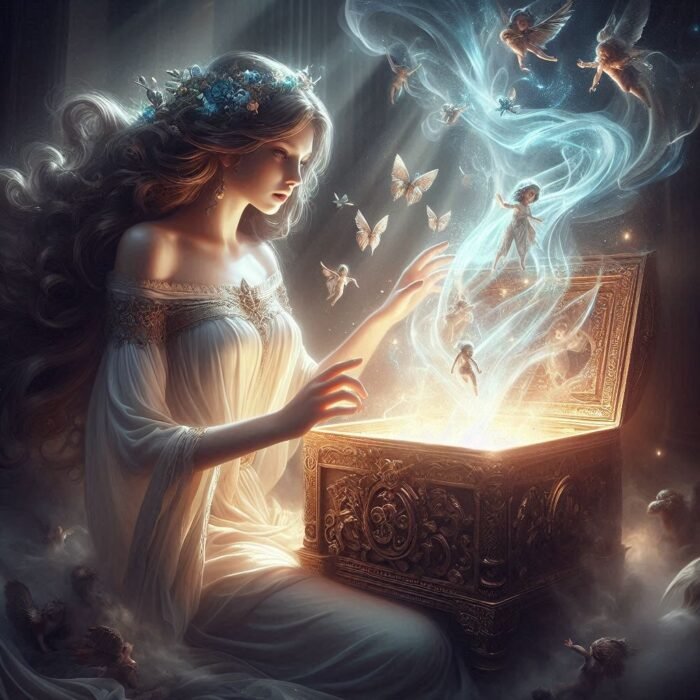

How Their Stories Connect
Prometheus’s defiance triggered Zeus’s retaliation. Pandora was the direct consequence of Prometheus’ theft of fire:
Prometheus gives humanity fire → Zeus retaliates.
Prometheus is punished individually → Pandora becomes the punishment for mankind.
Their myths form a single arc explaining why:
Humans gained knowledge and progress (the fire), and humans inherited suffering (the jar).
In Short
Prometheus gives humans the power to rise; Pandora introduces the struggles that define the human condition. Their tales are inseparable — two halves of the same mythological explanation for why life contains both ingenuity and hardship.


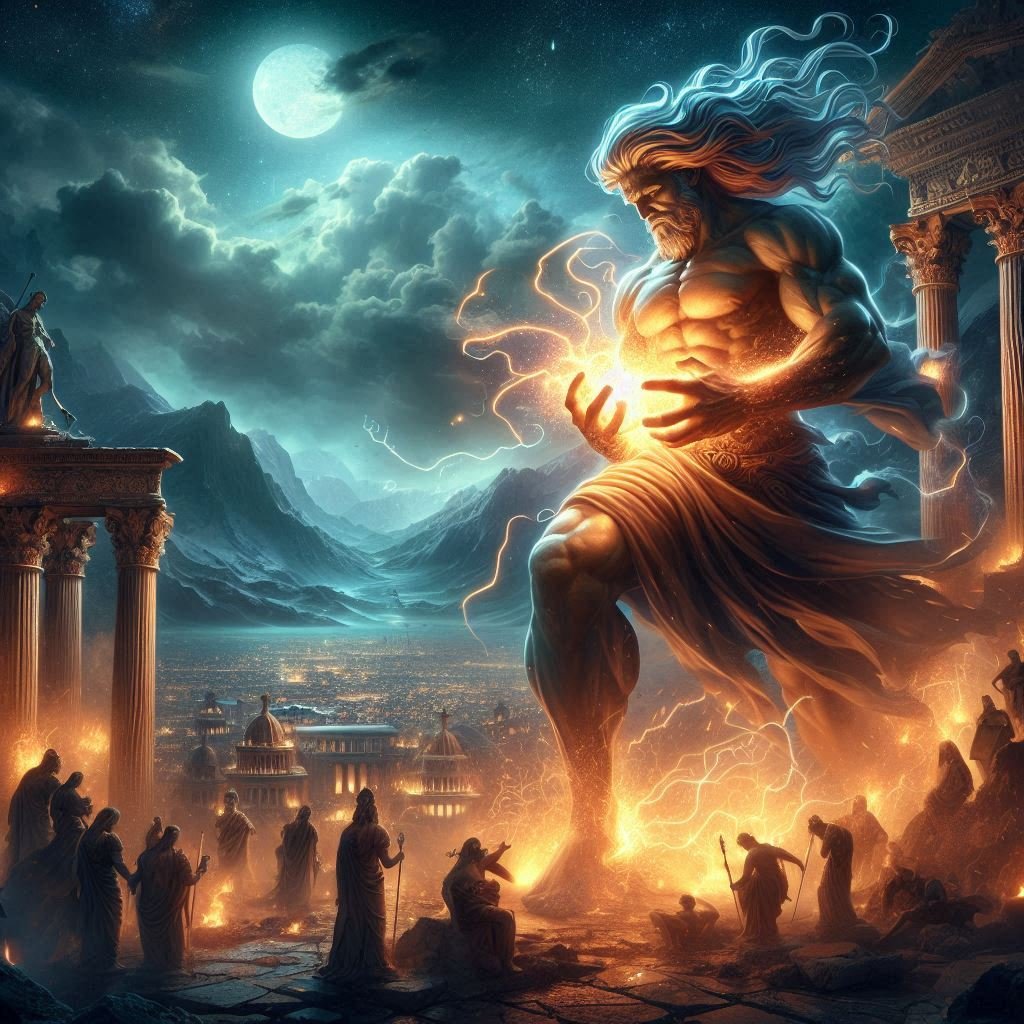


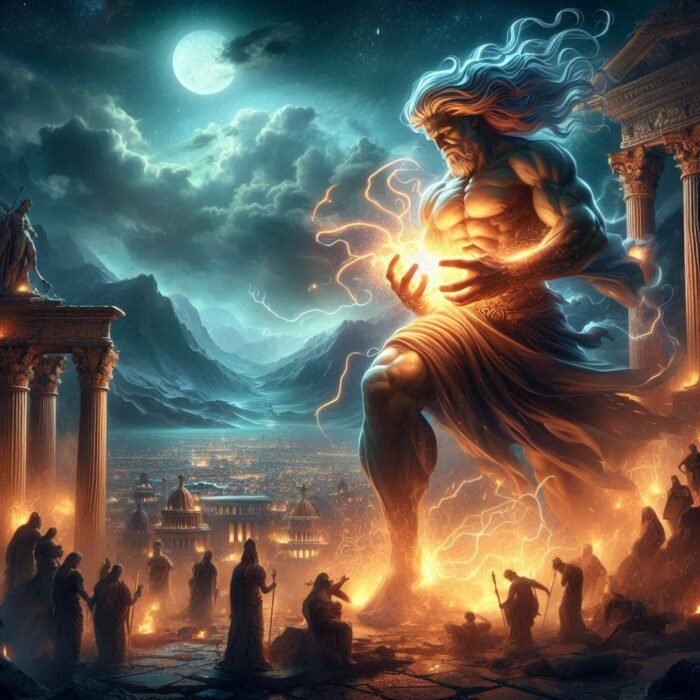
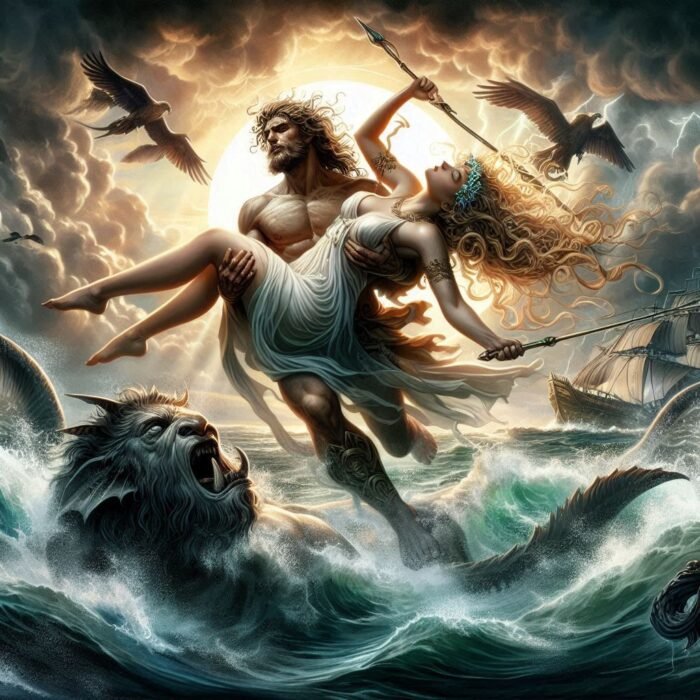
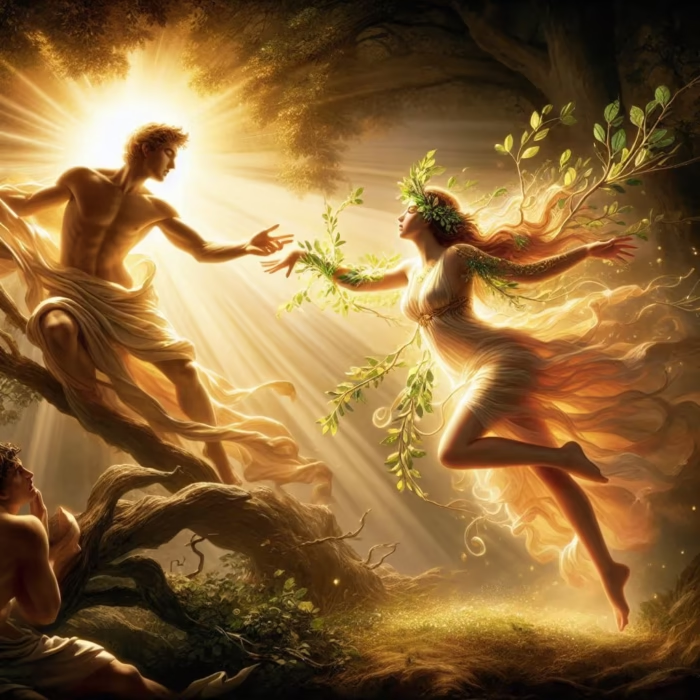


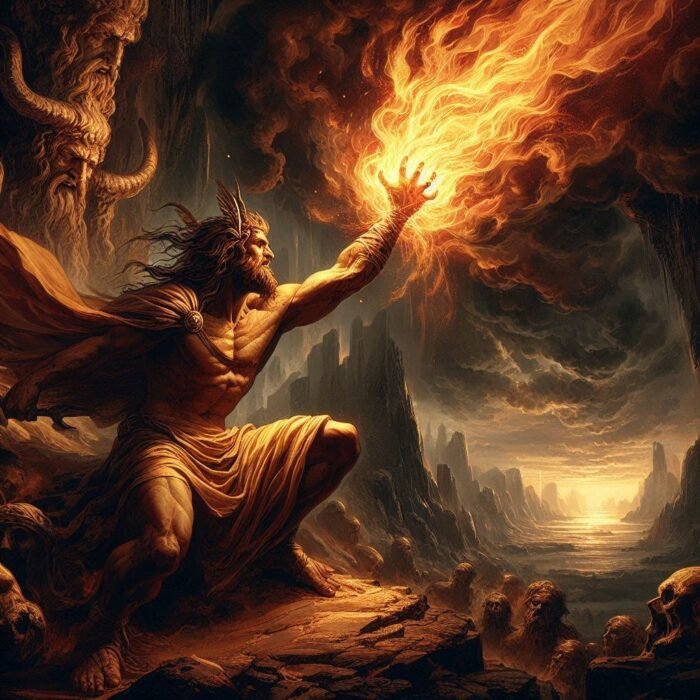

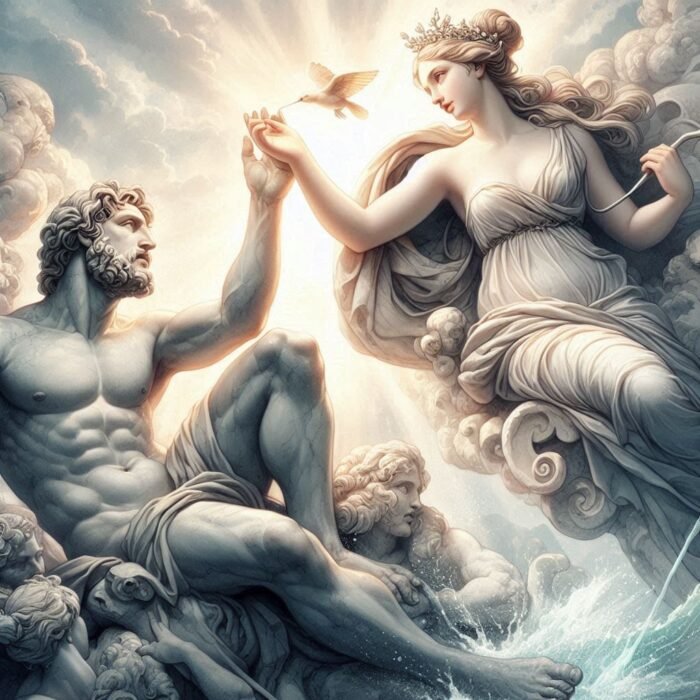
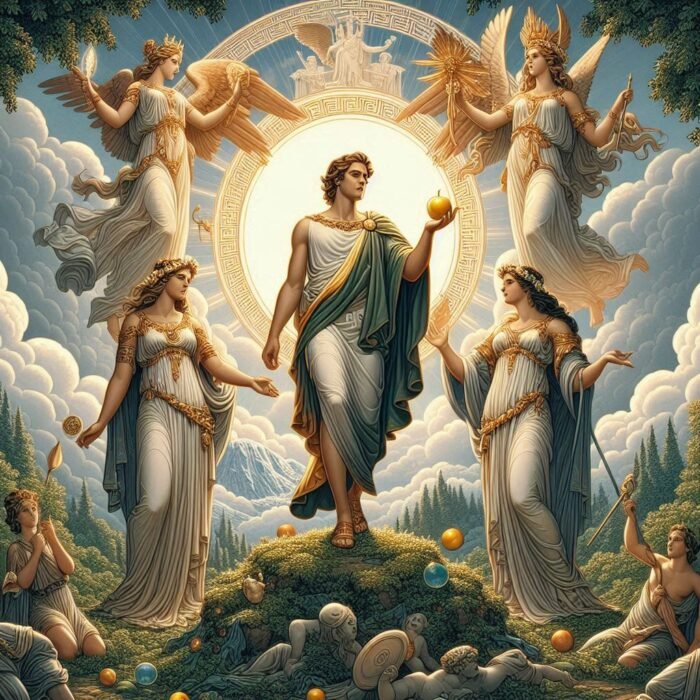

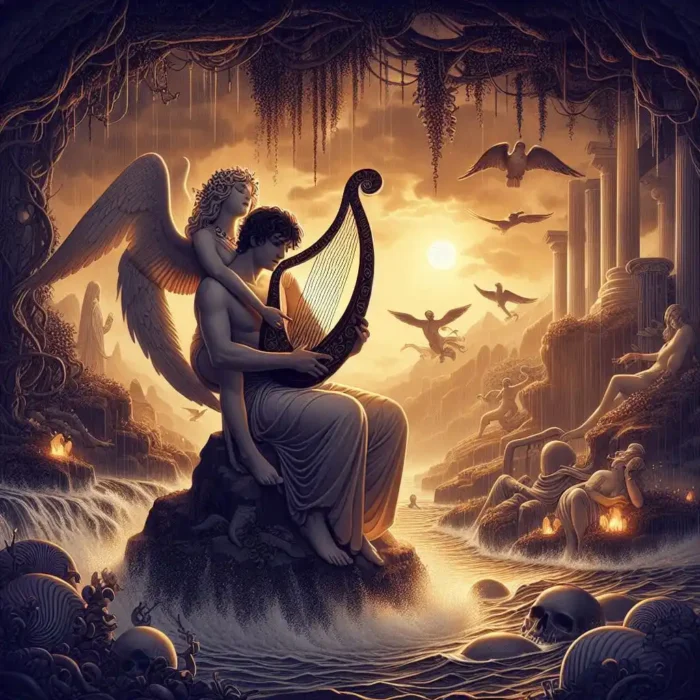
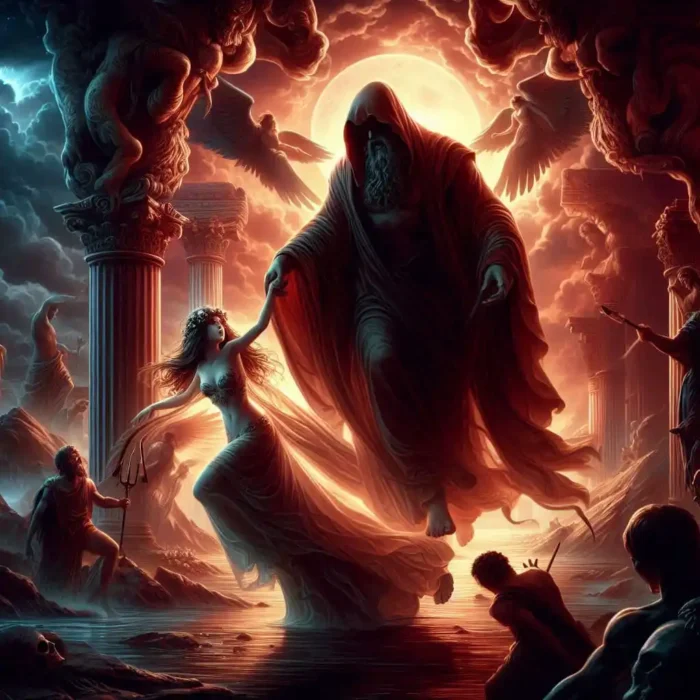
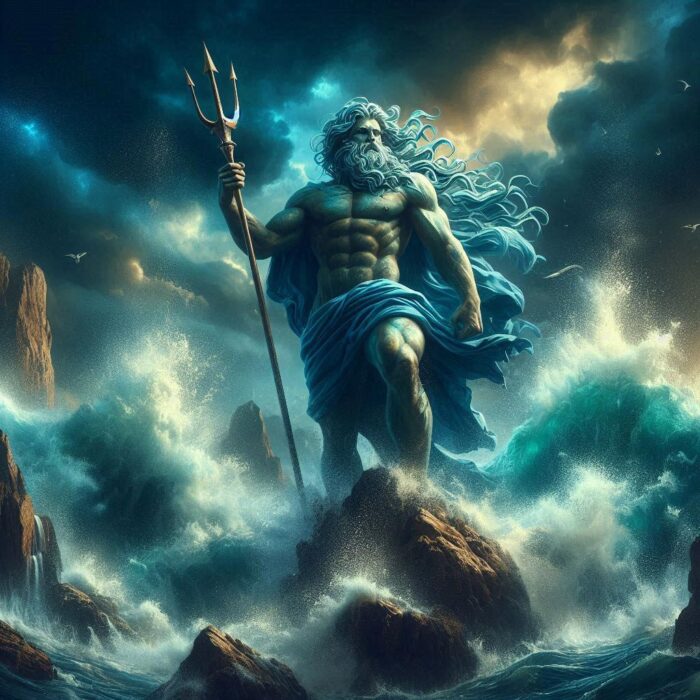

Comments